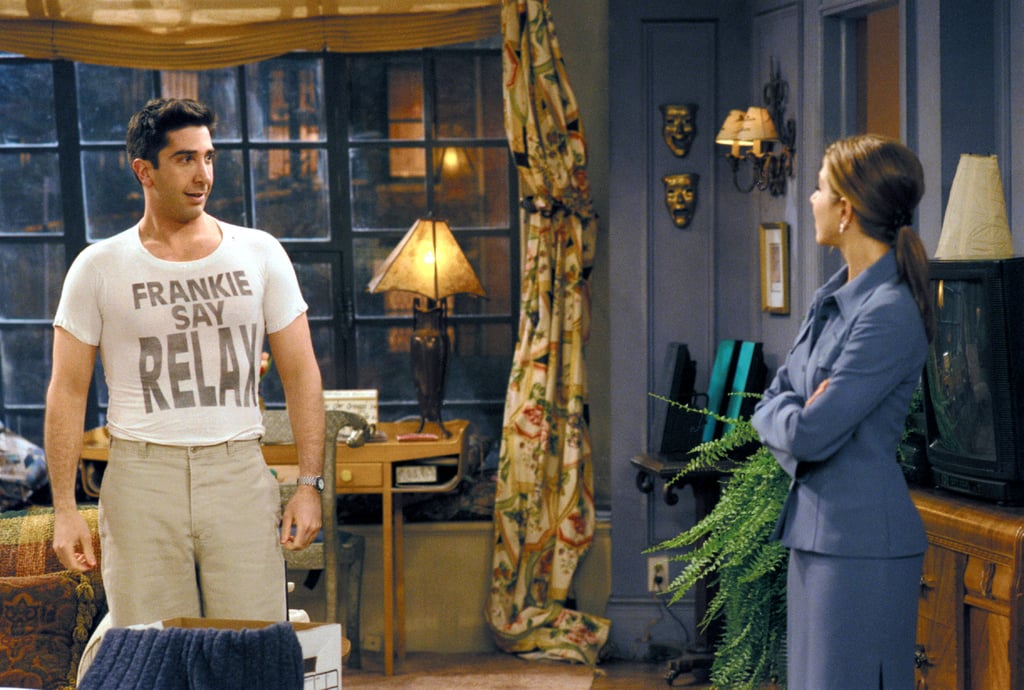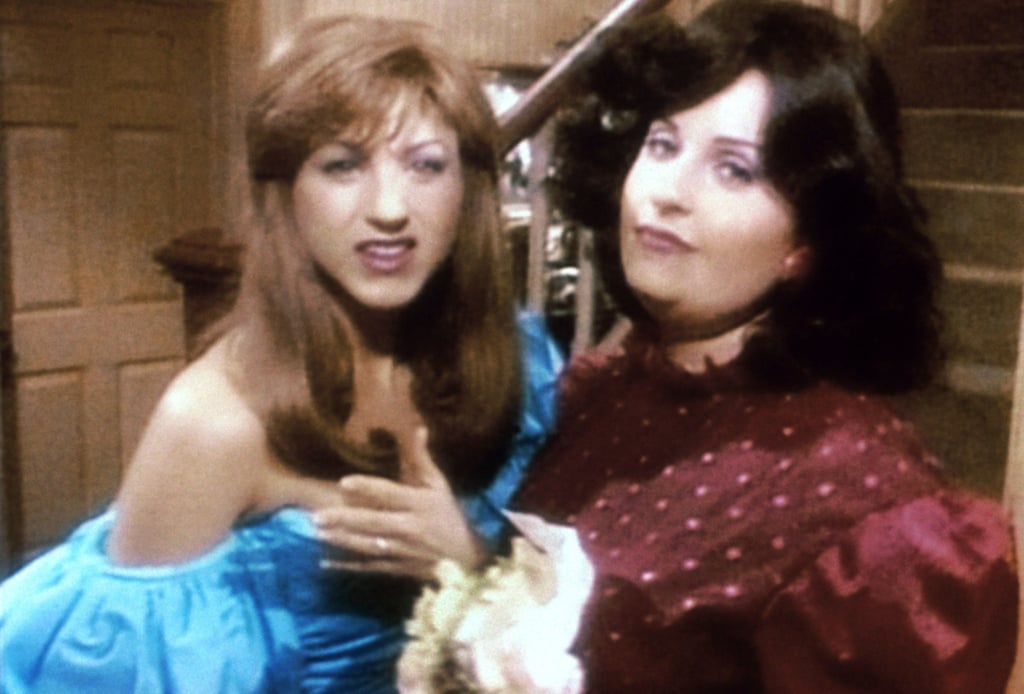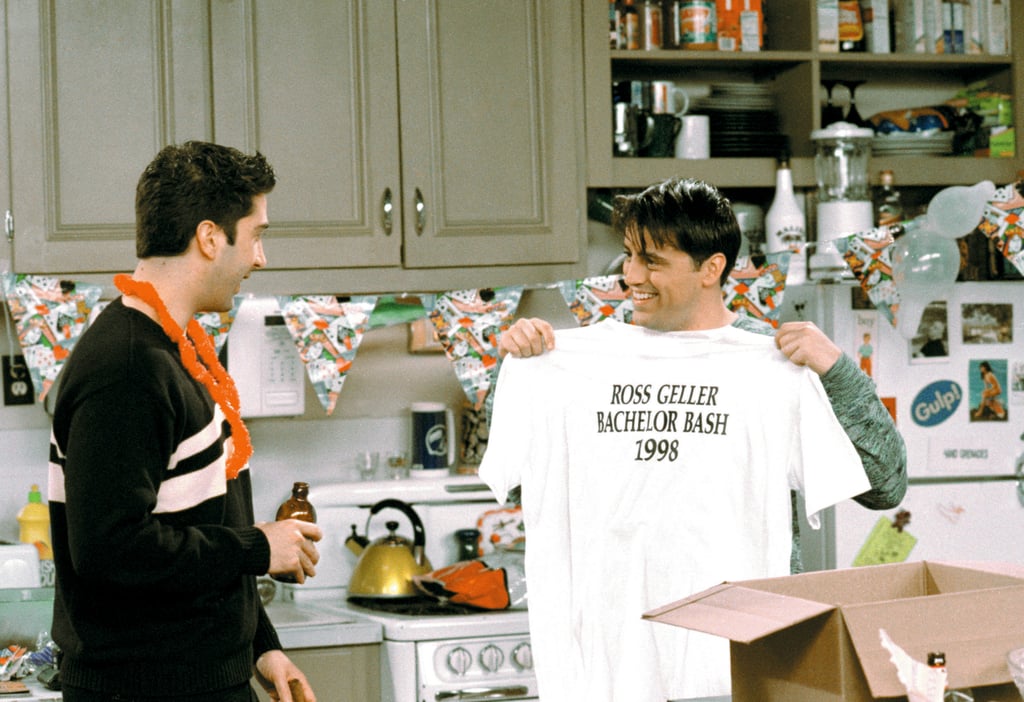Why the Friends TV Series Is Problematic
Why I've Decided to Stop Watching Reruns of Friends — For Good

I remember the first time I watched Friends. It was 2008, four years after the show's final episode aired. I was 12 years old and at my neighbour's house; both of our parents worked full-time, so we were each other's company after school. We gathered in her basement, and she pulled out a red box that read Friends — The Complete Series.
It became a routine. Every day after school I biked down to my neighbour's house, grabbed a snack from the kitchen, and claimed a spot on the couch in her basement. We played as many episodes as we could before my mom called me home for dinner. As a naive preteen, I watched wide-eyed. I couldn't relate to some of the show's themes surrounding sex, marriage, and work. Regardless, I smiled along with the laugh track, pretending to understand the humour.
I moved away from my small Connecticut town in the Fall of 2014 to attend college in the heart of Washington DC, starting a new chapter in my life. A few months into my freshman year, Netflix started streaming Friends, and I began to rewatch the series. Stuck in a foreign place with new people, I craved the comfort the show brought me: the tight-knit friend group, quick conflict resolution, and lovable characters (I'm looking at you, Joey). But as my perception of the world grew through my studies and eye-opening experiences, my love for the show became tainted. I finally understood the themes I couldn't before and began to criticize the storyline.
Revisiting the series in 2019, I've discovered problematic themes throughout its 10 seasons, from Joey's constant sexualization of women to the narrative surrounding "Fat Monica." Read on to see why Friends, acclaimed as one of the greatest sitcoms, hasn't exactly aged well.
The Cast's Lack of Diversity

Fear of Being Queer: Bounded by Gender Norms

The Problem with Fat Monica

Predatory Behaviour

Is It Time to Say Goodbye?









